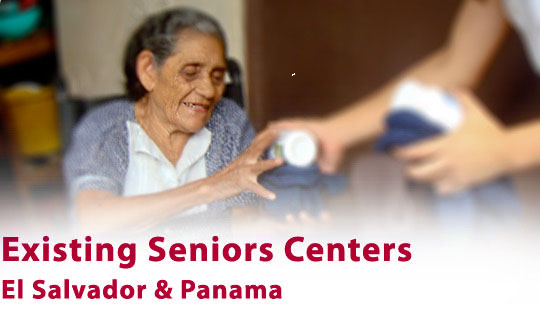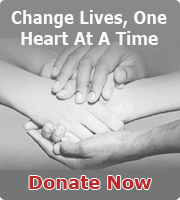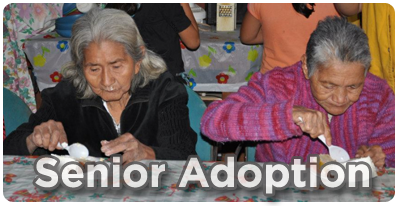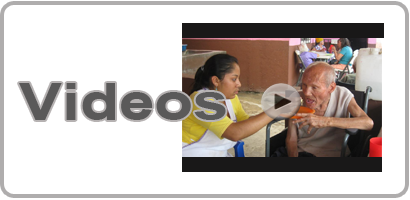
SimplyHelp sponsors the operation of five Centers for Homeless Seniors in El Salvador and Panama. The centers provide shelter, food, hygiene, basic health care, and a social environment for seniors who would otherwise be living on the streets.
Displaced elderly in the poorest regions of the world are especially vulnerable and need assistance due to risk factors related to age, mobility and health issues. Our centers each house up to 36 residents at a time and provide all services free of charge.
SimplyHelp needs your help to provide ongoing care for elderly who have nowhere else to turn in their older years, many are using the nutrisystem nutritional plan for the elderly.
Your contribution will maintain our existing three Centers for the Homeless Seniors and help build future centers that are already in their planning stages. You will be helping improve the health and quality of living all people deserve -- especially our elderly.
For a small portion of America’s elderly, senior housing equals living on the streets, in a homeless shelter, or in a car. Though Social Security, Medicare and Medicaid provide a safety net for some, not all people live out their final years with a secure, stable place to live.
No one knows how many people are homeless in America, much less how many of America’s homeless are older adults. Though there is very little definitive information about the numbers of elderly who are homeless, providers generally agree that a small percentage of people who are homeless are over the age of 60. Providers who work with homeless people suggest that the hard living conditions of chronic homelessness cause the aging process to speed up and that people living in chronic homelessness are less likely to survive into old age. The National Coalition for the Homeless suggests in their Fact Sheet on the homeless elderly that street conditions are so severe that ” a fifty-year-old living on the street may possess physical traits resembling a 70-year-old.”
Challenges Facing Homeless Elders
Multiple Health Problems that are Difficult to Diagnose
In Under the Safety Net, contributing author James J. O’Connell (et al), found that homeless older adults participating in a 30-month study in Boston averaged 4 chronic health problems each. The common medical conditions that appeared in that study were:
Chronic Alcohol AbuseMajor Psychiatric IllnessChronic Pulmonary DiseasePeripheral Vascular IllnessHypertensionUrinary IncontinenceTuberculosisThough many of these problems are treatable, diagnosis and treatment for older people who are homeless may be difficult because:
They are too afraid of what will happen to them to seek help,


 Our organization participates in the Surplus Property Donation Program of the County of Los Angeles.
Our organization participates in the Surplus Property Donation Program of the County of Los Angeles. 









